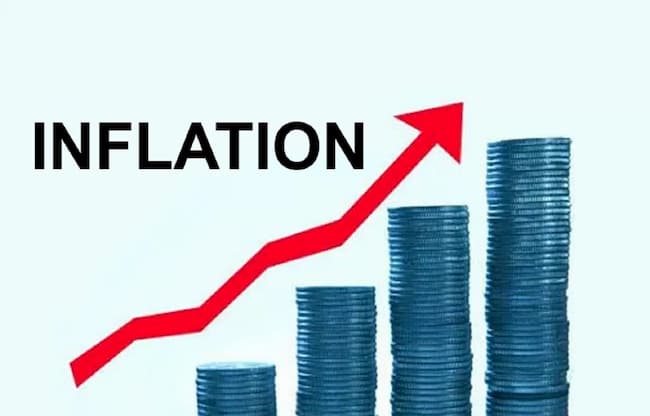Financial analysts have predicted that the inflation rate will rise to 17.27 percent in February as the Federal government continues to crowd out private investors from the public debt market.
The National Bureau of Statistics (NBS) reported 16. 47 percent inflation rate for January driven by the rising food inflation.
The analysts at Financial Derivatives Company (FDC) said that the February rate will be the 18th consecutive monthly increase in Nigeria’s inflation rate and the highest level in 46-months.
The experts said food price pressures would remain the primary driver of inflation, estimating that it would rise to 21.98 percent in February.
They said the impact of the recent blockade of food supply from the North to South would be felt in the inflation figures of March as earlier reported by BizWatch Nigeria on Tuesday.
According to them, high-powered money and the massive borrowing of the Federal Government via the CBN has impacted inflation.
READ ALSO: CBN Disbursed N122.6 Billion Loan To Farmers In 43 Years
“We are estimating a sharper increase in headline inflation to 17.27 percent for February 2021 up from 16.47 percent in January,” said FDC in its Economic Bulletin.
“Inflation is moving further away from the upper band of the CBN’s six to nine percent target. It is likely to impede output growth. Real GDP growth increased marginally by 0.11 percent in Q4’20 after two consecutive quarters of negative growth.
“The impact of the crowding out of private investors from the public debt market by the CBN printing money is now playing out in higher price inflation.”
The analysts said in the last two months, a divergence between the direction of month-on-month and annual inflation had been observed due to the base year effects and supply shocks.
FDC said, “We expect the food and core sub-indices to move in tandem with the headline inflation. Food price pressures will remain the primary driver of inflation, rising to 21.98 percent in February.
“Core inflation (inflation less seasonalities) is also projected to cross the 12 percent threshold to 12.02 percent in February due to exchange rate.”
READ ALSO: Food Blockade: Vegetable Prices Soar In Lagos
The analysts at FDC predicted that the Inflation rate will continue to spiral out of control due to food supply shocks, heightened insecurity, exchange rate pass-through effect, higher energy and logistics costs.
They said Nigerian authorities may likely introduce a tighter monetary policy stance in the second half of the year.
According to FDC, the Monetary Policy Committee (MPC) will continue to monitor the impact of recent policies and stimulus on economic growth while using orthodox tools to mop up liquidity and contain inflationary pressures.













